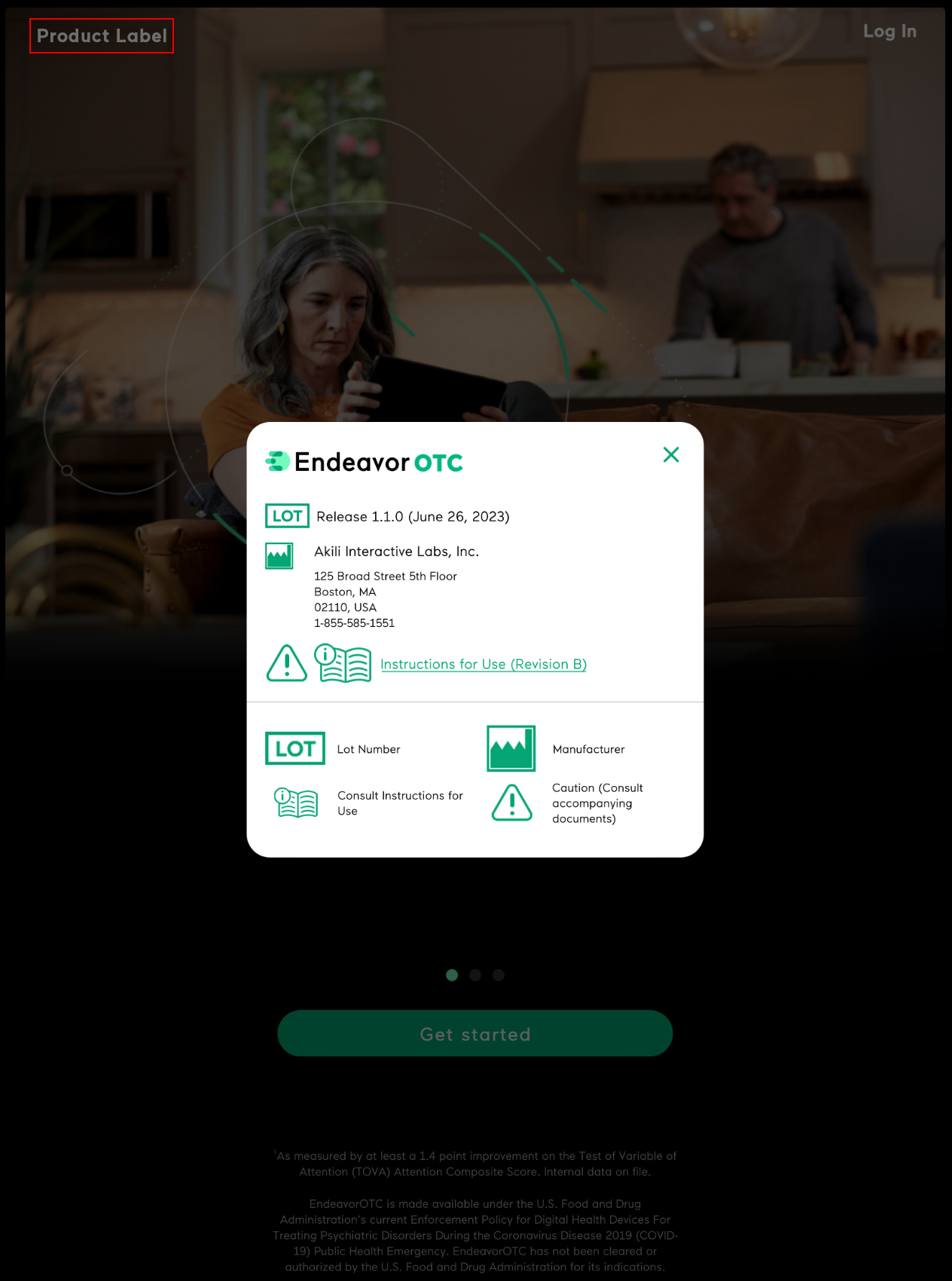How can Pregnancy and ADHD Interact?

Do you feel like you have “pregnancy brain” since you became pregnant?
This colloquial term refers to the commonly experienced symptoms during pregnancy that impact your cognition. If you have a history of ADHD, this phenomenon may feel even more pronounced, having you ask yourself “is this my ADHD or pregnancy?” The answer might be: it’s both.
Here are 3 ways pregnancy changes and ADHD symptoms can interact and influence one another
-
Hormone changes influence ADHD symptoms
During pregnancy, progesterone and estrogen levels significantly rise, impacting mood, memory and attention (Kittel-Schneider et al., 2021). This can lead to transient cognitive symptoms akin to those of ADHD. However, for some birthing parents with pre-existing ADHD, these hormonal shifts can exacerbate their ADHD symptoms or change the efficacy of their ADHD medication.
-
ADHD symptoms influence pregnancy behaviors
Both inattentive and hyperactive symptoms were linked to more physical strain and depression during pregnancy. Inattentive symptoms of ADHD were associated with poorer eating during pregnancy. Whereas, hyperactive symptoms of ADHD were linked to more smoking, caffeine, and inconsistent vitamin usage (Kittel-Schneider et al., 2021).
-
ADHD treatment regimes may change
There is still limited data on effects of ADHD medication treatment during pregnancy, which can lead to some birthing parents changing their medication regime (Kittel-Schneider et al., 2021). Changes in ADHD treatment further exacerbates symptoms. For many, medication may not be the right option during pregnancy but symptoms will still persist or worsen. EndeavorOTC—a non-medication treatment that is proven to reduce ADHD symptom severity and improve focus—can be a safe option for pregnant women. Please review more information on EndeavorOTC and speak with your healthcare provider to see if it might be right for you during this time.
Seeking professional help
If you suspect you have ADHD or notice significant changes in your symptoms during pregnancy, consult your healthcare provider. A professional evaluation can determine the best approach to managing ADHD while protecting the well-being of both the mother and child. Timing interventions can contribute to a healthier, more balanced motherhood experience.
Note, while this article predominantly discusses ADHD in terms of birthing parents, it is important to note that there are both sex and gender influences on ADHD presentation. More research is needed into understanding ADHD interactions with pregnancy for birthing parents that do not identify as women.
About the Author
-
Jessica E. Flannery, PhD is the Associate Director of Clinical Science at Akili. She is a clinical licensed psychologist, an ADHD-Certified Clinical Services Provider (ADHD-CCSP), and a developmental social neuroscientist. She has published over 50 peer-reviewed articles, received prestigious fellowships and awards and is a prior TEDx speaker.

